

10:00 pm AST - 11:00 pm AST
Past Event
Content from the Brookings Doha Center is now archived. In September 2021, after 14 years of impactful partnership, Brookings and the Brookings Doha Center announced that they were ending their affiliation. The Brookings Doha Center is now the Middle East Council on Global Affairs, a separate public policy institution based in Qatar.
The Brookings Doha Center (BDC) hosted a webinar discussion on April 22, 2020 about the effects of the COVID-19 pandemic on peace and security in the Middle East and North Africa (MENA). Panelists assessed the short-term and long-term implications for the region at large whilst also narrowing in on Iraq and Syria. The panel consisted of a group of distinguished scholars and experts, including: Tanya Gilly-Khailany, director of the SEED Foundation; Frederic Wehrey, senior fellow in the Middle East program at the Carnegie Endowment for International Peace; and Galip Dalay, non-resident fellow at the BDC. Ranj Alaaldin, visiting fellow at the BDC, moderated the event.
Frederic Wehrey opened the discussion by outlining the pandemic’s effects on the Arab world. Firstly, he stated that COVID-19 will hit Yemen, Libya, and Syria especially hard due to their devastated health care systems and absent leadership. In such nations, it is also feared that the health crisis will be weaponized as opposing factions will likely reserve medical aid for their own supporters. Secondly, authoritarian regimes are exploiting the health crisis to increase control. Moreover, several nations across the MENA will struggle to manage the economic fallout of this pandemic. They will be unable to seek aid from Gulf countries who are grappling with falling oil prices. Also, in the long run, Wehrey predicts a rise in informal and sub-state governance as militias begin to fill the voids of governance, and inept states devolve roles to sub-state actors. Furthermore, many countries have already implemented a militarized health response, increasing the likelihood for a significant security transformation in the future. Finally, the impact of COVID-19 on regional wars is uncertain. Contrary to popular belief, states may actually pursue greater adventurism to distract from domestic shortcomings.
Tanya Gilly-Khailany focused on the pandemic’s implications for Iraq. She argued that the health crisis has destabilized the country in several ways. Firstly, COVID-19 has widened the divide between Iraq and Kurdistan. For instance, Iraq did not provide Kurdistan with its share of testing kits, and the autonomous region had to seek external support. Moreover, the country is already in a precarious situation because it has not yet formed a permanent government, and international powers are seeking to influence the process. Regarding geopolitical impacts, she highlighted that the pulling out of U.S.-led coalition forces empowers Iran to move in, and that this will increase instability. The withdrawal of the United States has also empowered the Islamic State group, which has used the pandemic as an opportunity to regroup and launch more attacks. Finally, the humanitarian situation is worsening. Day laborers cannot work during the lockdown and falling oil prices has left the state ill-equipped to alleviate economic woes. Amid weak state institutions, non-state actors will likely step in to distribute food and medicine, thus increasing their significance in the long run.
Galip Dalay discussed the case of Syria and emphasized that the pandemic’s impact will be exacerbated the longer it prevails. Already the region is facing an economic crisis, food insecurity, and water scarcity. Public frustration is building, and the Assad regime is deepening the security state as a means to manage potential rebellion. Moreover, Dalay noted that Syria has only recorded 39 cases of Coronavirus and three deaths. However, such low numbers are a testament to the weakness of the state as it has failed to adequately test for the virus and record the actual amount of cases. Additionally, the regime is using the pandemic as an opportunity to normalize relations with the Gulf. The United Arab Emirates (UAE) has been particularly receptive to this because of their overarching desire to weaken Turkish influence in the region. Finally, Dalay urged the international community to protect refugee camps from the pandemic as such areas are especially vulnerable to the virus’ spread.
In the subsequent question and answer session, panelists focused on the role of international powers and sub-state actors in the region. Wehrey explained that the United States is taking a step back from the MENA as per the direction of President Donald Trump. Dalay spoke about the role of China and expressed skepticism over whether the country will increase its presence. The Chinese image was bruised due to a mismanagement of the virus in its initial stages. Finally, Gilly-Khailany explained that sub-state actors will be able to supplant certain state institutions because they are mobile and able to reach marginalized rural areas.
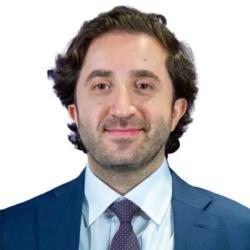
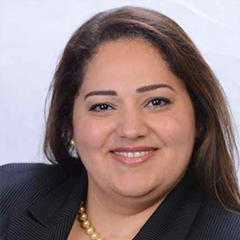
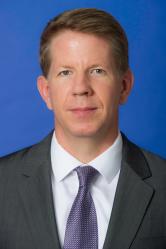


Robin Brooks
May 9, 2024
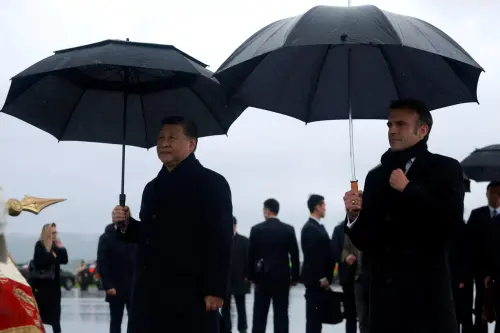
Tara Varma
May 8, 2024
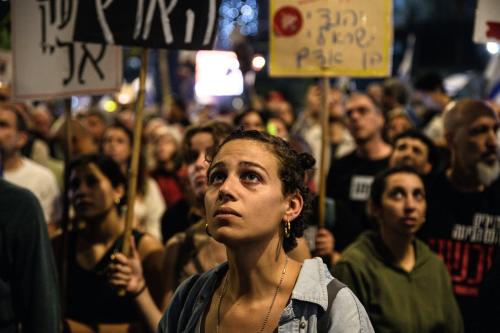
Marvin Kalb
May 6, 2024